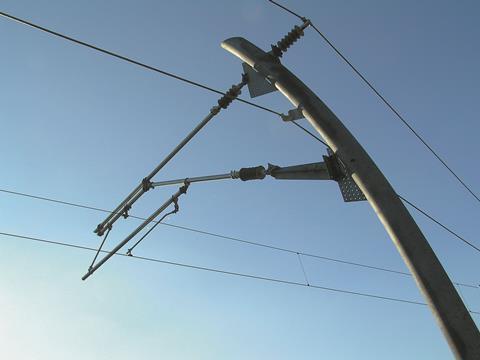
EUROPE: Energy price rises pose a serious risk to rail’s modal share according to two industry associations, which have called on the European Commission and EU member states to take action to ensure an uninterrupted and affordable supply of energy for the sector.
The Community of European Railways & Infrastructure Companies said energy amounts to 10%-20% of a rail operator’s cost base, and traction electricity prices have doubled in 2021 and 2022 with some countries experiencing a tenfold increase.
CER said operators will not be able to maintain fares or shipping rates unless measures such as energy price caps and state aid are introduced. However, it said policy makers should adopt a multimodal approach and avoid distorting competition between modes.
‘Railways should be identified as a strategic service, which should be prioritised in the supply of affordable energy as a short-term measure’, said CER Executive Director Alberto Mazzola on September 9. ‘More freight and passengers on rail will improve the EU’s energy balance. This is important in the current energy crisis and to help lower the EU’s energy dependency on imported fossil fuels.’
Impact on the freight sector
The European Rail Freight Association wants to see energy price caps as a short-term solution, and says it is necessary to find a sustainable pricing mechanism for the longer term.
ERFA said dramatic increases in energy prices could fundamentally change the composition of the rail freight sector, as in many cases it is not viable for smaller or independent operators to enter into multi-year energy agreements, and operators will leave markets or face bankruptcy if their costs cannot be passed on to their customers.
ERFA said there are also EU member states where operators are dependent on the infrastructure manager’s purchasing decisions and cost mechanisms, creating ‘a real risk’ of market consolidation in countries where incumbent operators have more favourable access to financing or can purchase energy directly from incumbent suppliers.
ERFA President Dirk Stahl said the risks are serious. ‘Without support in this extreme situation out of our control, it is difficult to see how we will not have operators leaving the market. The situation is becoming critical in the next month and it is essential that action is taken at European and national level.’

















